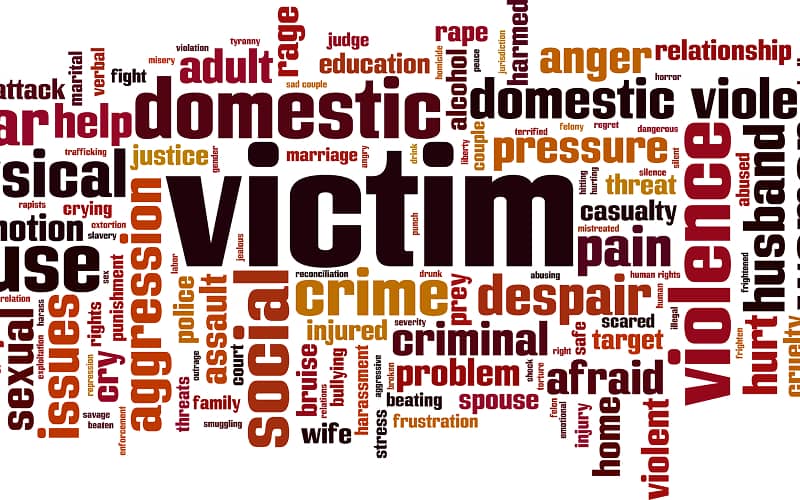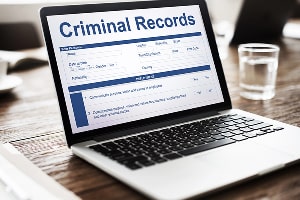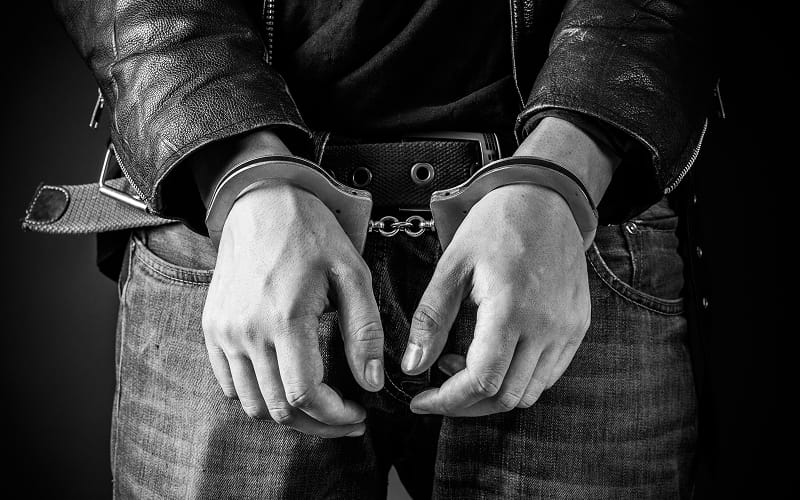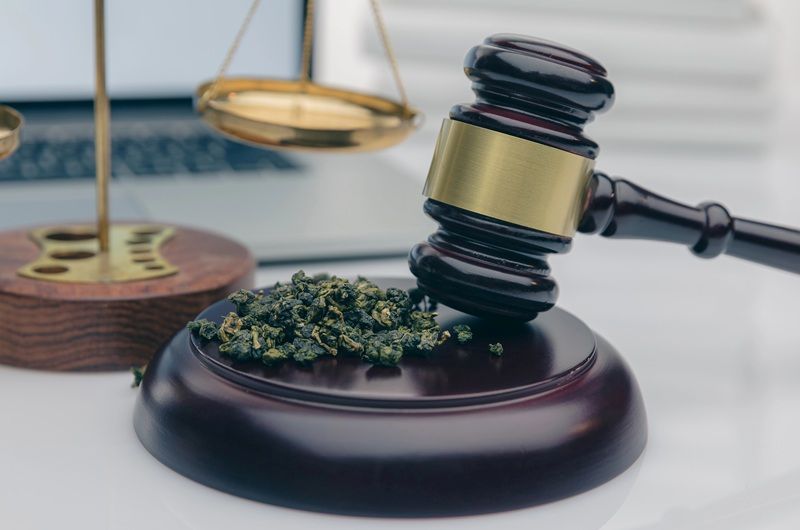Being charged with domestic assault in Fairfax County, Virginia, is a stressful and life-altering experience. Your arrest record remains even if the court dismisses the charges or finds you not guilty. It can cause significant obstacles in employment, housing, and personal relationships. Expungement offers a potential solution for clearing your record.
This article explores the key aspects of domestic assault charges in Virginia. It includes the legal definition, penalties, and the expungement process. It also discusses recent changes in Virginia’s expungement laws, eligibility criteria, and the benefits of legal representation.

Understanding Domestic Assault Charges In Virginia
Domestic assault in Virginia is an act of violence against a family or household member. It includes physical harm, threats, or attempts to cause injury. The law covers spouses, ex-spouses, parents, children, siblings, cohabitants, and anyone who has lived with the accused within the past year.
A conviction for domestic assault carries serious penalties. Offenders may face up to 12 months in jail, fines of up to $2,500, and mandatory anger management or domestic violence intervention programs. Additionally, a conviction results in a permanent criminal record, which can negatively impact employment, housing, and other aspects of daily life.
Protective orders often accompany domestic assault cases. These orders can restrict contact with the alleged victim, limit firearm possession, and affect child custody arrangements. Violating a protective order can lead to additional criminal charges, increasing the severity of legal consequences for the accused.
Virginia takes domestic assault charges seriously, even when the alleged victim does not wish to press charges. Prosecutors can still move forward with the case based on available evidence. Understanding these legal implications is vital for those facing such charges.
Comprehending The Meaning Of Expungement
Expungement is a legal process that erases a criminal charge from public records, making it inaccessible to employers, landlords, and background checks. Once granted, the record serves as if it never existed, allowing individuals to rebuild their lives without the lasting burden of a past accusation.
Many confuse expungement with record sealing, but they are different. Record sealing limits who can view the charge, often restricting access to law enforcement and courts. Expungement, however, completely removes the charge from public view. Only certain cases qualify, so it’s essential to understand eligibility before applying.
Expungement is only available under specific circumstances, such as dismissed charges, dropped cases, or not-guilty verdicts. Virginia law does not allow expungement for convictions, meaning those found guilty cannot have their records erased. This restriction highlights the importance of legal guidance when pursuing expungement.
A successful expungement provides many benefits, including better job prospects, improved housing opportunities, and relief from social stigma. Employers and landlords often reject applicants with criminal records, so clearing a charge can significantly improve life opportunities.
Navigating Virginia’s expungement process can be complex, requiring detailed paperwork, court hearings, and legal arguments. Filing the petition correctly and supporting it with strong evidence and legal reasoning can result in a favorable outcome.
Knowing The Eligibility Criteria For Expungement
Virginia law imposes strict guidelines on who can qualify for expungement. Not all domestic assault charges are eligible, and the process is not automatic. Individuals must meet specific legal conditions before pursuing expungement. Understanding these requirements is critical to determining whether clearing a criminal record is possible.
Acquittal Or Not Guilty Verdict
If a court finds you not guilty of domestic assault, you may qualify for expungement. An acquittal means the prosecution failed to prove guilt beyond a reasonable doubt. Once expunged, the charge is erased from public records, preventing it from affecting future job or housing opportunities.
Dismissal Of Charges
A charge dismissed by the court or prosecution may be eligible for expungement. Dismissal can occur when evidence is insufficient, witnesses are uncooperative, or procedural issues arise. If charges do not result in a conviction, clearing the record through expungement may be possible.
Charges Dropped Due To Lack Of Evidence
Prosecutors may drop domestic assault charges due to weak evidence. When key witnesses refuse to testify or evidence is deemed unreliable, the case cannot proceed. In such cases, the accused may petition for expungement to permanently remove the charge from their criminal record.
Ineligibility Scenarios
Virginia law does not expunge domestic assault convictions. Once convicted, the charge remains on record permanently. Similarly, those who complete a first-offender program in exchange for dismissal are not eligible for expungement, as participation in such programs requires an admission of guilt.
Understanding Virginia’s strict eligibility requirements is vital. If your case qualifies, expungement can offer a fresh start. If you are ineligible, exploring other legal options with a domestic assault attorney may help minimize long-term consequences.
Learning The Expungement Process In Virginia
Successfully obtaining an expungement requires following a structured legal process. A petition needs to be properly reviewed and approved. A domestic assault lawyer can guide you to follow the correct steps and documentation.
Filing A Petition For Expungement
The process begins with filing a petition in the circuit court where the charge was made. This document formally requests that the court remove the charge from public records. You must complete the petition accurately and file it in compliance with Virginia’s expungement laws.
Providing Necessary Documentation
You must submit the supporting documents along with the petition. These include copies of arrest records, court dispositions, and fingerprint records. Ensuring all paperwork is complete and accurate helps prevent delays and increases the likelihood of a successful expungement.
Attending A Court Hearing
A judge may schedule a hearing to review the expungement petition. During the hearing, the petitioner and prosecutor present arguments. The judge then determines whether granting the expungement serves the interests of justice, considering the impact on the petitioner and public safety.
Knowing Timeline & Potential Challenges
The expungement process can take several months. Delays may arise due to missing documents, court backlogs, or prosecution objections. Legal representation can help navigate these challenges and ensure the process moves forward correctly and efficiently.
Getting Updates On Recent Changes In Expungement Laws
Virginia’s expungement laws have evolved to allow more individuals the chance to clear their records. Legislative reforms now broaden eligibility, offering relief to those previously unable to seek expungement. Recent updates have expanded eligibility for certain misdemeanors and low-level felonies.
While domestic assault convictions remain ineligible, those with dismissed charges or not-guilty verdicts may benefit from a more streamlined process. For those with domestic assault charges, these legal changes may improve expungement prospects.
Consulting an attorney ensures that you fully understand the impact of these reforms and whether they apply to your specific case.
Getting The Benefits Of Legal Representation
Pursuing expungement involves a detailed legal process that can be challenging to handle alone. You must follow strict filing requirements and deadlines. You must craft legal arguments carefully to avoid delays or denials. Hiring an experienced attorney improves the chances of success by ensuring compliance.
An attorney provides strategic guidance tailored to your specific case. They assess eligibility, gather necessary documentation, and prepare a strong petition for the court. Their skills and experience ensure that they meet every requirement. They can also reduce the risk of errors that could jeopardize the expungement process or prolong the proceedings unnecessarily.
An attorney is especially valuable during court hearings, where judges and prosecutors review expungement petitions. They can present persuasive arguments, address potential objections, and advocate for your best interests. With professional support, you have a much greater chance of achieving a clean record and a fresh start.
Legal representation offers peace of mind and confidence throughout the expungement process. Having a knowledgeable and competent advocate can make a significant difference in achieving a fresh start.
Working With Fairfax County Criminal Attorneys For Expungement

At Fairfax County Criminal Attorneys, we recognize how a domestic assault charge can affect your life. Even if you did not receive a conviction, the presence of an arrest record can limit opportunities in employment, housing, and personal relationships. Our legal team is committed to helping clients overcome these obstacles.
We offer a full range of legal services to assist with expungement, including case evaluations, defense strategy development, and courtroom representation. Our attorneys carefully review each client’s situation and explore all legal options. We work diligently to build a strong case for expungement.
The expungement process can be complicated, requiring precise paperwork and legal arguments. Mistakes or missing documents can result in delays or denials. Our team ensures that every step is handled correctly, from filing petitions to representing clients in court, maximizing the chances of success.
We are ready to assist if you are seeking to clear your record. Our experienced attorneys will guide you through the expungement process, providing the legal support needed to move forward.
Expungement can provide a fresh start for individuals facing the lasting impact of a domestic assault charge. Understanding the legal definition of domestic assault, eligibility requirements, recent law changes, and the expungement process is essential. Seeking professional legal guidance increases the chances of successfully clearing a record.
At Fairfax County Criminal Attorneys, we are dedicated to helping clients navigate the complexities of expungement and criminal defense. Our experienced and skilled attorneys provide personalized legal strategies, and we handle each case carefully. Contact us if you need assistance clearing your record.




